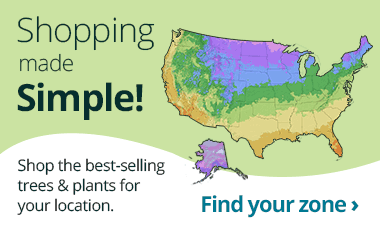Articles (continued)81 - 90 of 196
5 Bits of Wisdom to improve your spring garden plans... before you even put pen to paper.
 Lasagna Gardening
Lasagna Gardening
 Preventing Problems Before They Begin
Preventing Problems Before They Begin
 The Best Fruit-Tree Varieties for Organic Growing
The Best Fruit-Tree Varieties for Organic Growing
 Growing More “Perfect” Organic Fruit
Growing More “Perfect” Organic Fruit
 Watering & Conservation
Watering & Conservation
 Soil Health
Soil Health
 Beneficial Insects
Beneficial Insects
 Organic Mulches
Organic Mulches
 How To Make Compost
How To Make Compost

 Lasagna Gardening
Lasagna Gardening
 Preventing Problems Before They Begin
Preventing Problems Before They Begin
 The Best Fruit-Tree Varieties for Organic Growing
The Best Fruit-Tree Varieties for Organic Growing
 Growing More “Perfect” Organic Fruit
Growing More “Perfect” Organic Fruit
 Watering & Conservation
Watering & Conservation
 Soil Health
Soil Health
 Beneficial Insects
Beneficial Insects
 Organic Mulches
Organic Mulches
 How To Make Compost
How To Make Compost



